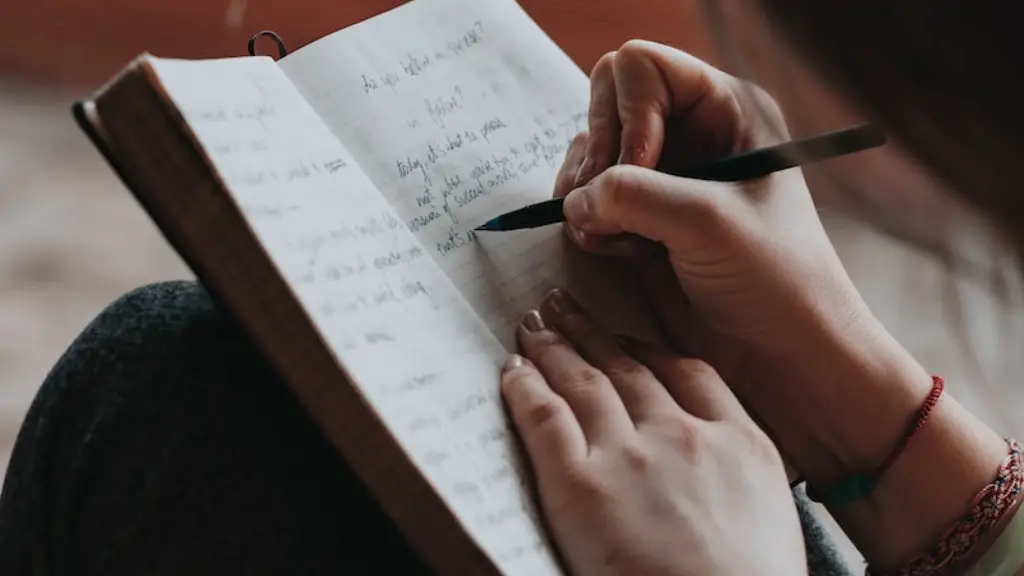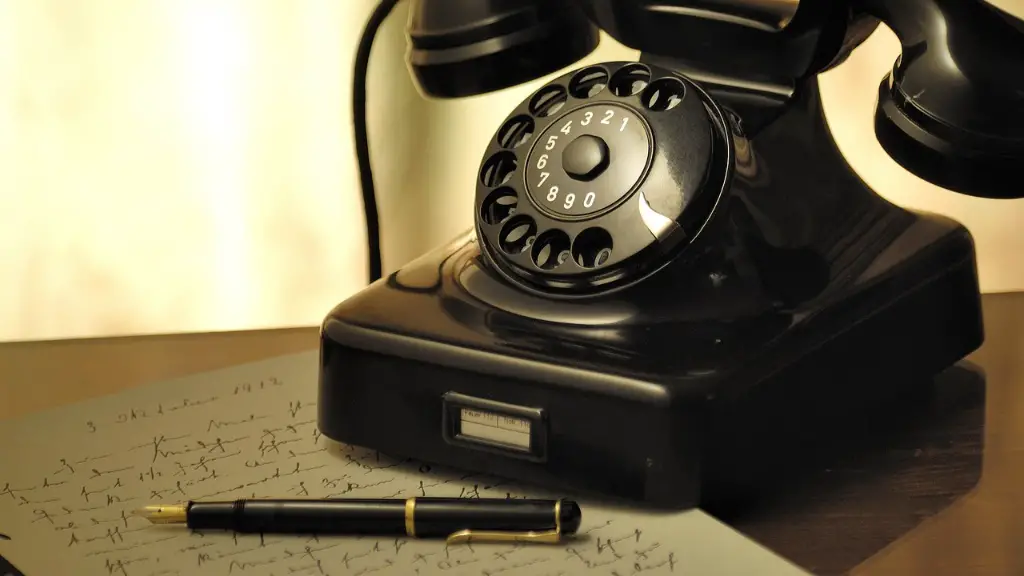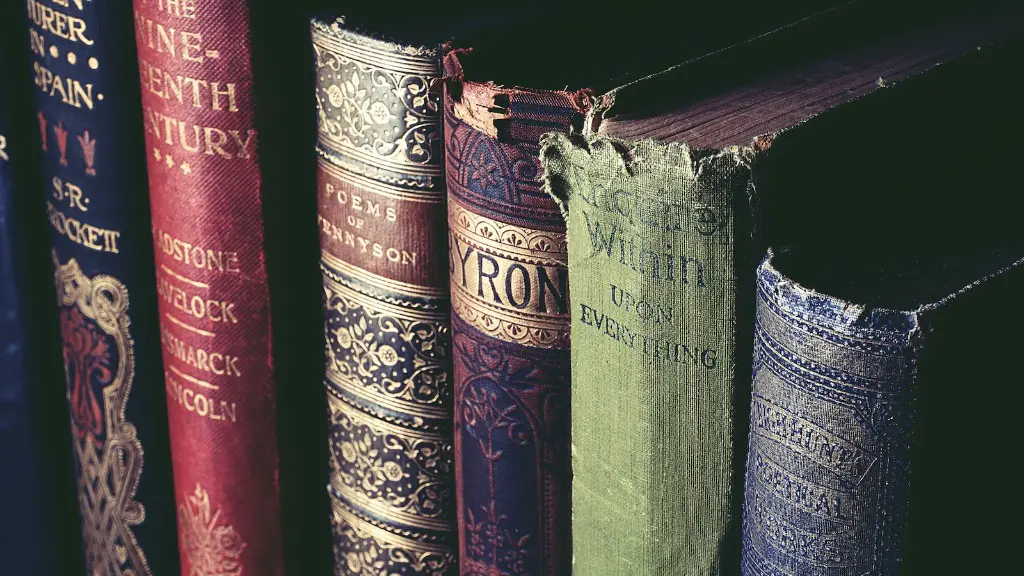The Art of Poetry Translation
Writing poetry is a form of art, that has been around for centuries and evolved in many different forms. Poetry is written in such a way that it’s unique in terms of language, texture, and sound. But what happens when people wish to translate poetry? Can one truly translate the meaning of a poem to another language, or is it even possible?
The Challenge of Poetry Translation
When it comes to translation of poetry, many find it to be a challenge. Some experts have even said that poetry can’t be translated, and that it must be experienced in the original language. The reasons for this are varied, but largely because of the fact that much of poetry relies on presupposed knowledge and certain cultural references that are specific to the original language. For example, if a line in a Spanish poem contained a phrase from a local proverb, translating it into English would simply replace the phrase with a word, thus losing the desired effect.
In addition, some poetry relies heavily on the use of creative language, with the aim being to communicate a thought in a unique way. Translating it into another language often does not maintain the same meaning. Furthermore, much of the effectiveness of a poem relies on the author’s ability to use literary techniques like syntax, meter, and repetition in order to emphasize the desired meaning. In translation, these techniques may be lost, leaving the reader with a poem that has lost its essence.
The Purpose of Poetry Translation
Despite the difficulties in translating poetry, there are some who still choose to do it. These people are usually driven by the desire to provide people of different languages with access to some of the most beautiful works of literature in the world. To do so, translators need to ensure that the language they use is able to communicate the same feeling and meaning that the original has.
In order to do this, translators often have to get creative. Translators have to consider the context of the poem and find a way to bring the same feelings out of it with the language used in the translation. They may have to introduce literary techniques that weren’t present in the original, or draw from other works of literature in order to bring the same emotion out.
The Value of Poetry Translation
The process of poetry translation is considered to be an art in itself. Translators are able to take a poem from one language, and give it new life in another. What’s more, by introducing the work to people who don’t speak the original language, they are able to bring new perspectives to the work. For example, a Spanish poem that talks about the brutality of war may have a totally different impact on an English reader. It allows readers to gain a deeper understanding of the poem, and appreciate it in a way that they wouldn’t have been able to before.
The Complexity of Poetry Translation
Despite the value of poetry translation, the fact of the matter is that it is very complex and difficult to do in a meaningful way. Translators must have a deep knowledge of both languages, as well as the cultural background of the poem. They must also be willing to think creatively, as well as spend a lot of time studying and researching the poem in order to truly capture its essence.
In the end, it all comes down to the skill and judgment of the translator. If the translator is able to provide readers with an accurate and meaningful experience, then poetry translation can be a powerful tool to bridge the gap between different cultures.
The Benefits of Poetry Translation
One benefit of poetry translation is that it provides readers with a greater appreciation for literature from different cultures. By understanding and exploring the works of great poets from around the world, readers can come to understand the different ways people view life, as well as the common interests they share.
By making poetry accessible to more people, poetry translation can also help to foster a greater appreciation for the written word. It can help to inspire people to become writers, as well as understand how words can be used to create something beautiful.
The Future of Poetry Translation
Given the complexity of translating poetry, it is unlikely that it will ever be completely accurate. Nonetheless, it still has the potential to bring people together, and give them a greater appreciation for literature in the process. As such, poetry translation remains an invaluable tool.
In the future, we can expect to see a greater number of translations, as well as more sophisticated approaches to translation. With access to a greater variety of language resources, as well as increased focus on preserving cultural knowledge, we can look forward to a future where poetry can truly be translated in a meaningful and accurate way.
Preserving the Originality of Poetry
When it comes to poetry translation, there is a delicate balance to be struck between capturing the essence of the original poem, and preserving its originality. Translation must be done in such a way that it maintains the original meaning and intent of the poem, without significantly altering it. In order for this to be achieved, translators must be extremely careful and diligent in their work.
Strategies for Successful Poetry Translation
In order for poetry translation to be successful, translators must take certain steps. These include understanding the context of the poem, having a deep knowledge of both languages, and being creative in the choices of words and phrases used in the translation. It is also important to have an intimate knowledge of the culture of the people who wrote the poem, and to understand the literary elements used in its original structure.
The Impact of Poetry Translation
Poetry translation can have a powerful impact on readers. It can open a window into different cultures, provide access to beautiful works of literature, and foster a greater appreciation of the written word. At the same time, it can be an incredibly challenging task, requiring puzzle-like thinking to successfully capture the nuances and nuances between language and culture. Nevertheless, it is worth the effort, as it can bring people together in a way that few other things can.


